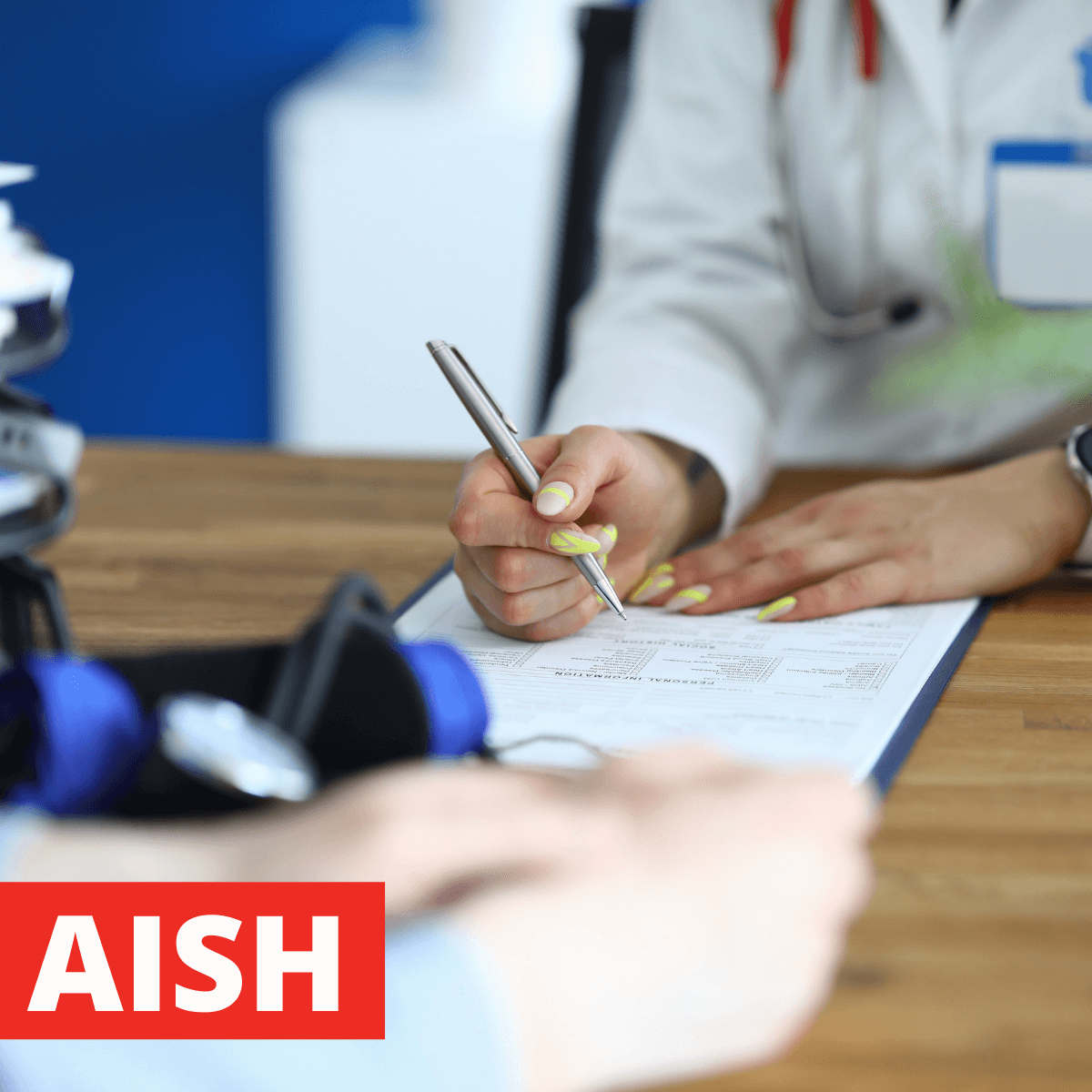
Navigating the recovery process after being injured in an accident can be daunting on its own, and you may have additional considerations if you are also receiving AISH benefits. It is important to know and consider how a personal injury pay out can affect your financial situation if you are receiving AISH.
What are the eligibility requirements for AISH?
Assured income for the Severely Handicapped (AISH), is a government program which provides financial as well as health benefits to those with permanent medical conditions, if the medical conditions prevent someone from being able to support themselves.
There are certain eligibility criteria in order to qualify and continue to receive AISH. Typically, your eligibility is determined based on you and your spouse’s income, as well as any assets that you may have. The total value of your assets cannot exceed $100,000.
Certain forms of income and assets are considered exempt when considering eligibility. These exemptions include but are not limited to income tax refunds, or disability savings plan (RDSP) payments. Other forms of income and assets, however are considered non exempt. A settlement can be an asset which is considered non-exempt, and is counted when it comes to eligibility.
Temporary Asset Exemption
You have 365 days to invest money that is not considered income into an exempted asset, otherwise, the money will be considered non exempt. An option for a client who is receiving AISH and receives a personal injury settlement would be looking into a structured settlement. A structured settlement is when the settlement is paid out regularly, over a period of time. Typically, the payments are once a month. A structured settlement may be a good option because it is exempt by AISH. Another option could be investing the money into a trust or a Registered Disability Savings Plan, or another exempt asset.
What should I do if I receive a settlement for my personal injuries?
You remain responsible for reporting any changes to your financial or medical situation. If you receive a settlement, it is important to report your settlement to your AISH caseworker. Your settlement pay out may impact your eligibility for AISH, and your caseworker is also typically in the best position to be able to determine this for you.

